The people who take on these jobs deserve our respect and gratitude.

Every day, countless people around the world go to work without a second thought about their safety.
But for some, just doing their job means facing significant risks. These brave individuals put their lives on the line to provide essential services that we often take for granted.
Here are seven of the most dangerous jobs in the world:
1. Logging workers
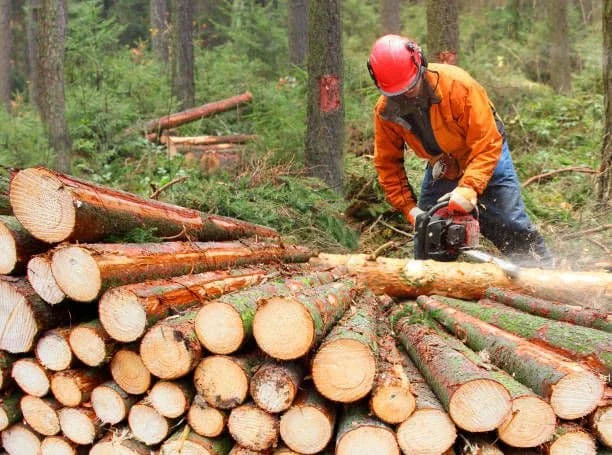
Logging workers cut down trees and transport them for processing. They work in remote forests, using heavy machinery like chainsaws and large trucks. The risk of injury is high due to falling trees, rough terrain, and the use of dangerous equipment. The physical strain also takes a toll on their bodies over time.
2. Deep-sea fishermen

Fishing in deep seas is not just about catching fish; it's battling the elements. Fishermen spend long hours on the open ocean, facing storms, high waves, and freezing temperatures. There's the risk of drowning, hypothermia, and injuries from heavy gear. And emergency help is often far away.
3. Aircraft pilots and flight engineers
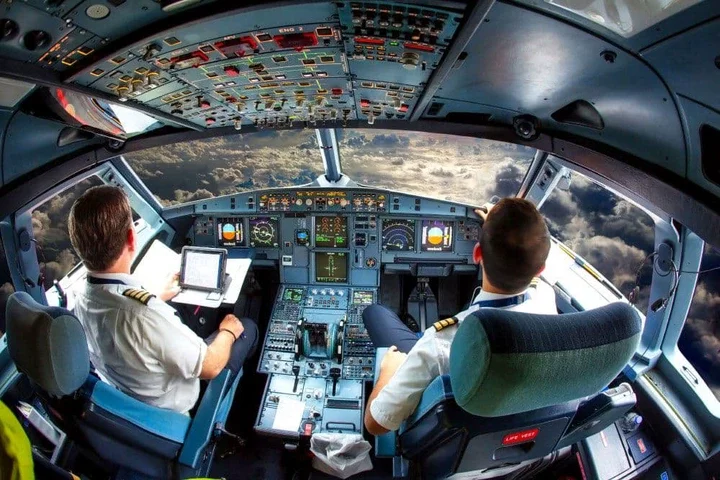
Commercial flying is generally safe, but pilots who fly small planes, and helicopters, or work in challenging conditions face greater risks. This includes crop dusters, medical emergency pilots, and those who fly in remote areas.
4. Mining workers
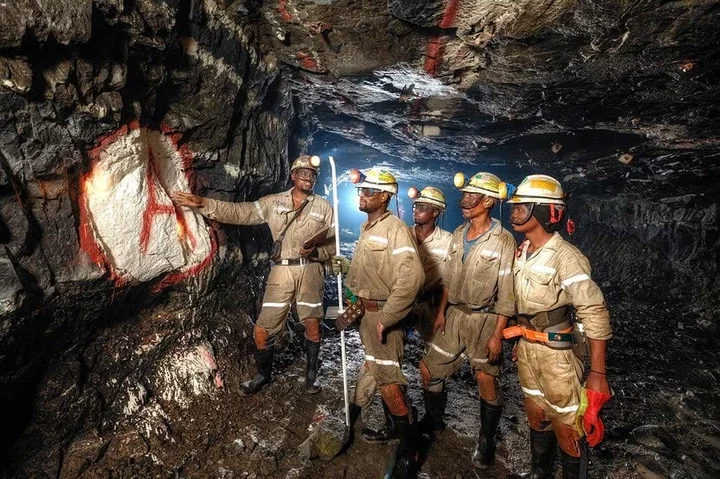
Miners extract valuable minerals from deep underground. They work in confined spaces with heavy machinery and are exposed to dust and harmful gases.
Risks include cave-ins, explosions, and long-term health issues like lung diseases. The darkness and isolation add to the mental strain.
5. Roofers
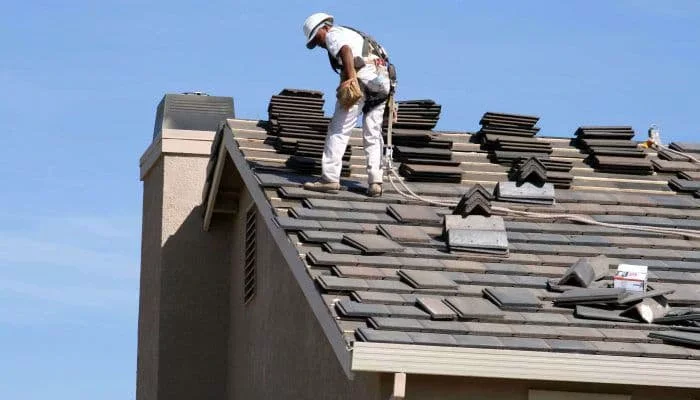
Roofers repair and install roofs on buildings. They work at great heights, on steep surfaces, and in various weather conditions.
Falls are the biggest hazard, which can lead to serious injuries or death. They also face risks from heat exposure and accidents with tools.
6. Construction workers
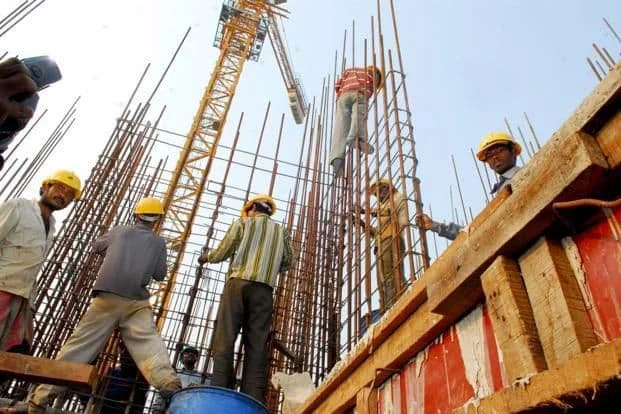
Construction sites are busy places with many hazards. Workers deal with heavy equipment, heights, and potentially dangerous materials.
Accidents can happen from falls, equipment malfunctions, or being struck by objects. Safety protocols are essential but sometimes overlooked due to tight schedules.
7. Emergency responders
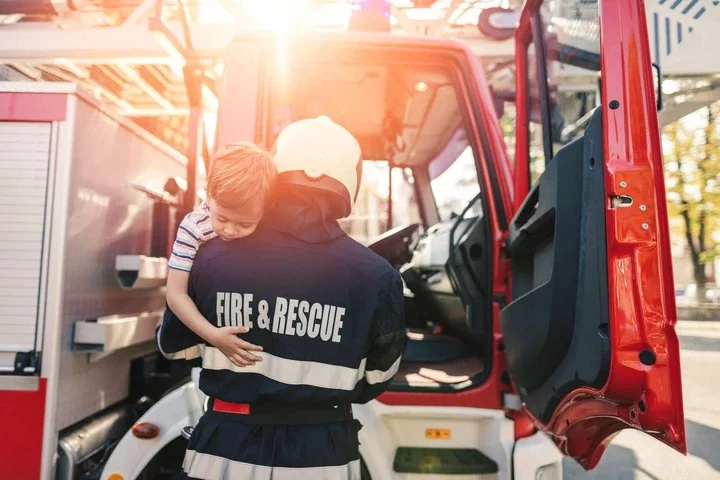
This includes firefighters, police officers, and paramedics who are first on the scene in emergencies. They face unpredictable and high-stress situations daily.
They may encounter fires or exposure to harmful substances. The emotional toll of dealing with crises also affects their well-being.

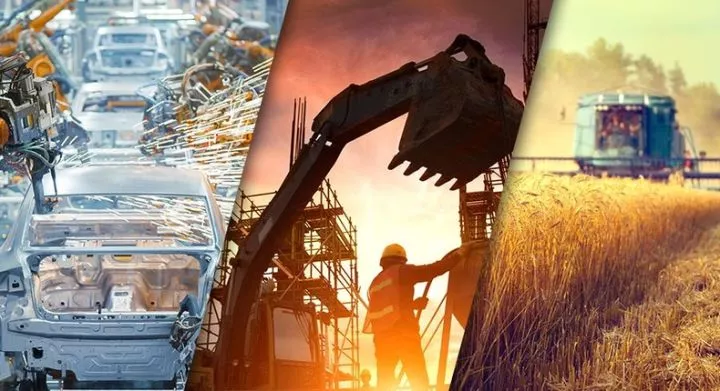













Comments